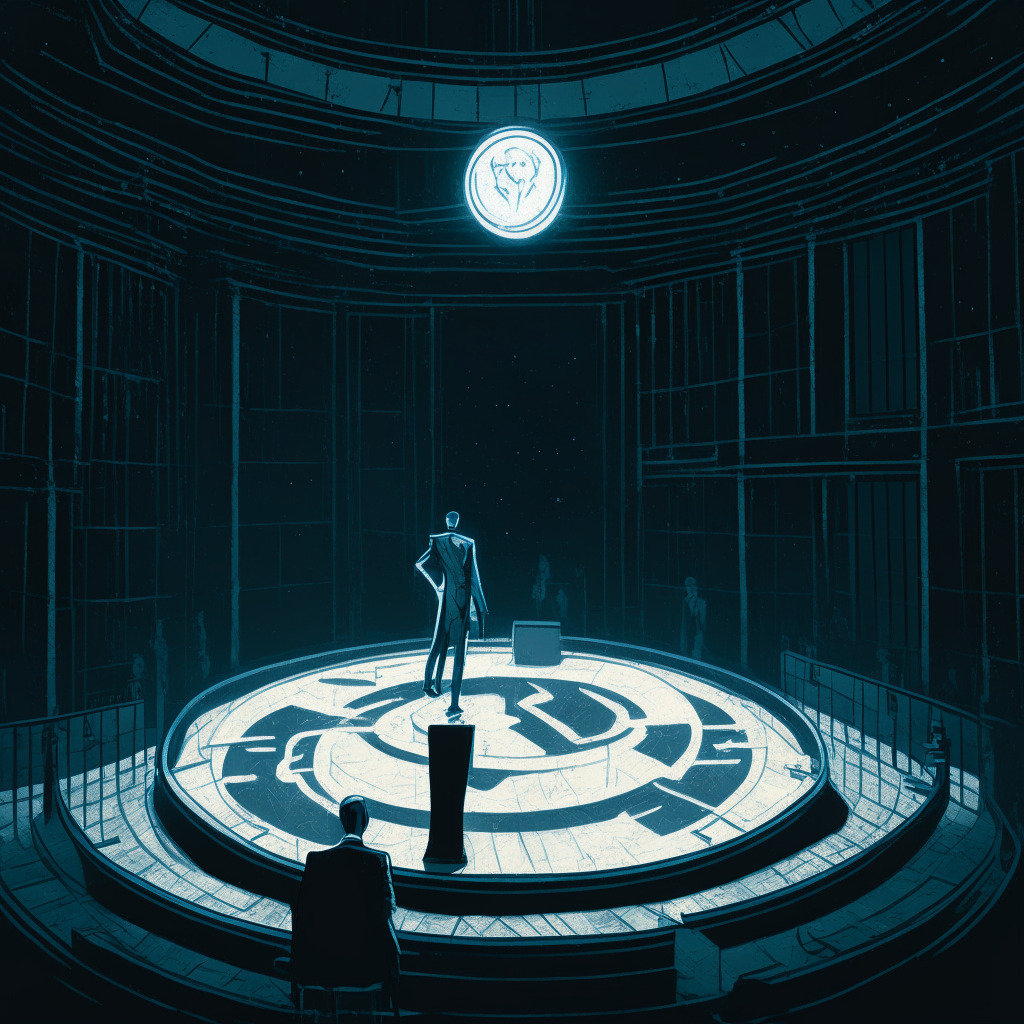Roman Storm, co-founder of the notoriously sanctioned Ethereum-based “crypto mixer” Tornado Cash, stood before a judge in the U.S. District Court for the Southern District of New York in recent days to declare his innocence. Facing an array of severe charges including but not limited to money laundering, sanctions violations, and operating an unlicensed money-transmitting business, Storm’s legal saga doesn’t seem optimistic.
An intricate web of evidence against Storm promises to make the case engrossing, with reports indicating that “multiple terabytes” of materials from Dutch authorities (albeit some encrypted), forming part of the case. Notably, unsettling whispers of undisclosed “classified materials” and victims of hacking are casting intrigue around the upcoming courthouse drama.
The crux of Storm’s charges is the supposed connection between Tornado Cash’s operations and the North Korean hacker group, Lazarus Group. Thorough allegations suggest the funds passing through Tornado Cash have been put to use in North Korea’s nuclear weapons program. With increasing regulations and a tough stance against such activities, this situation embroils Storm in an international sanctioned violations nightmare.
Storm’s arrest took place in late August, with a subsequent release on a notable $2 million bond. Now sans his Russian passport, Storm is confined to traveling within specified regions across New York, New Jersey, Washington, and California. Though this drama unfolds, it’s worthy to mention Storm is a dual US and Russian citizen, further complicating the international dimensions of his case.
The ripple effects of Storm’s charges have extended to his fellow co-founder Roman Semenov, who shares charges yet evades arrest. The Justice Department accuses the duo of enabling the laundering of over $1 billion through their involvement in Tornado Cash, posing a daunting element of the trial. Tornado Cash was under the radar of the US government, who came forth with sanctions in 2022. Another co-founder, Alexey Pertsev, found himself under arrest in Amsterdam almost immediate to the implementation of these sanctions, where he awaits his trial.
As the skeptical view on crypto-security rises and regulations tighten, the trial of Roman Storm and his colleagues will exemplify the complexities of legality in crypto operations. The tension between the enormous potential upside of blockchain and the equally daunting risks that come with it becomes more palpable than ever.
Source: Cryptonews




